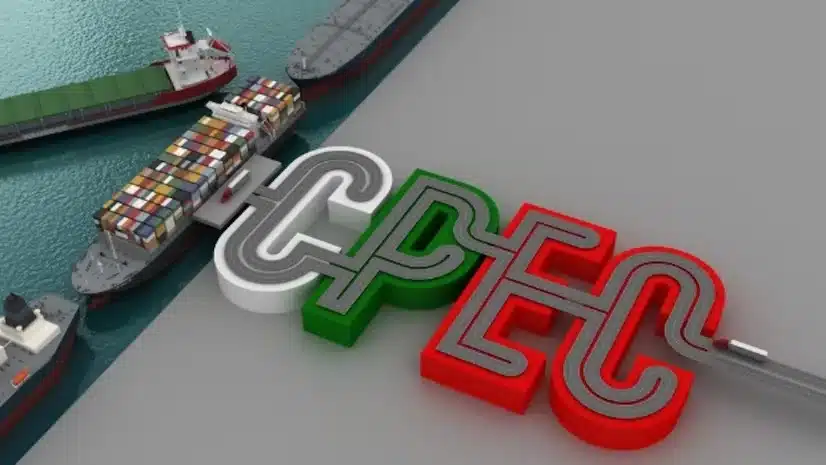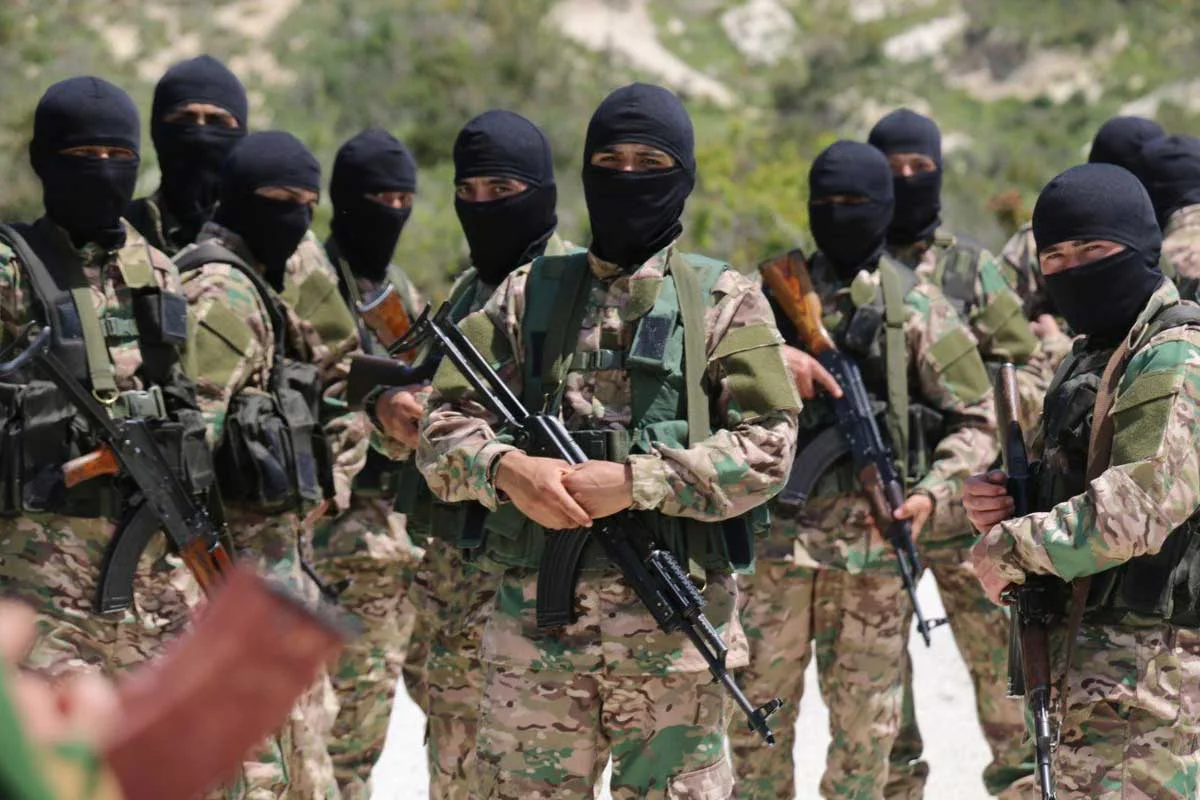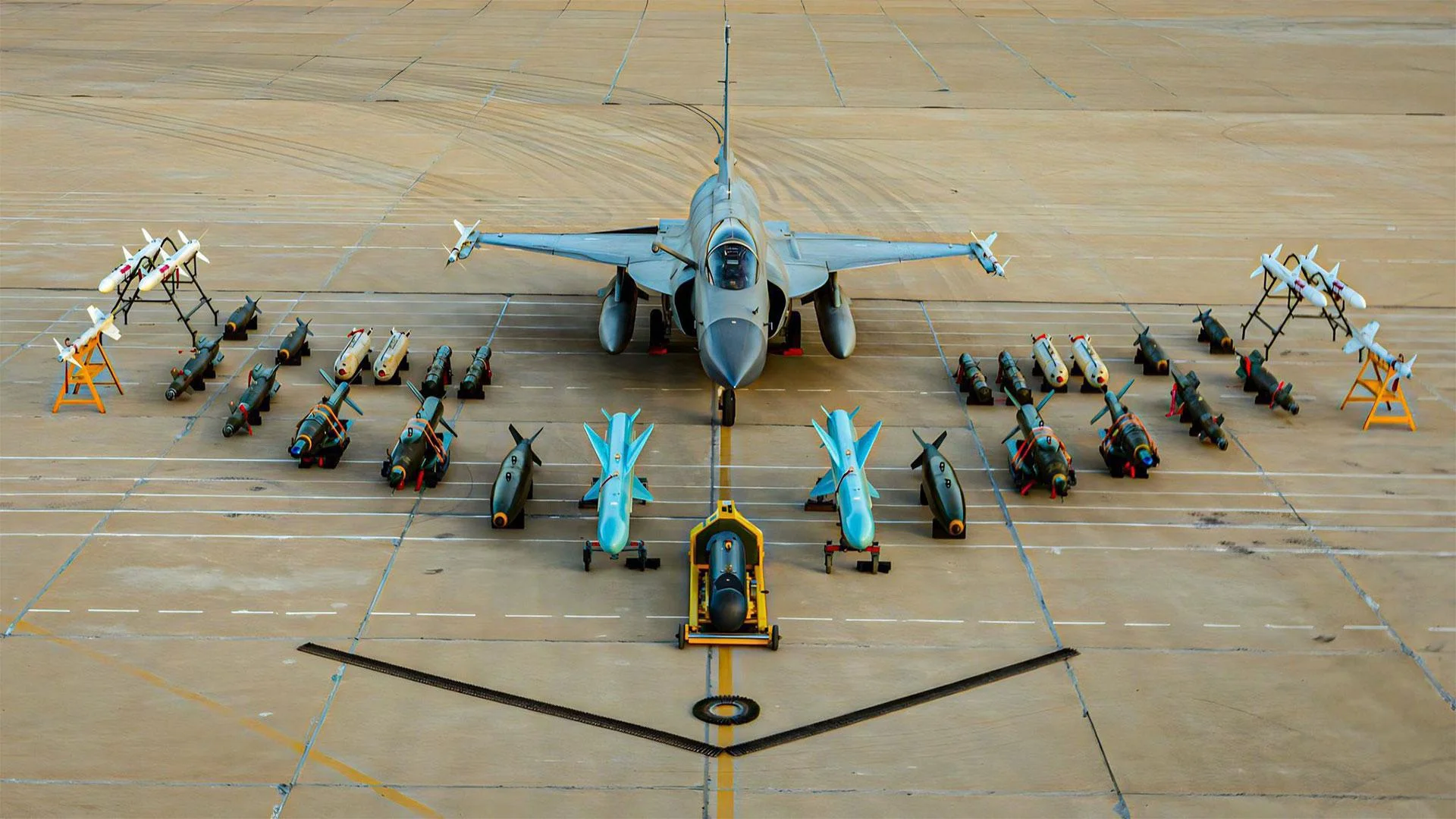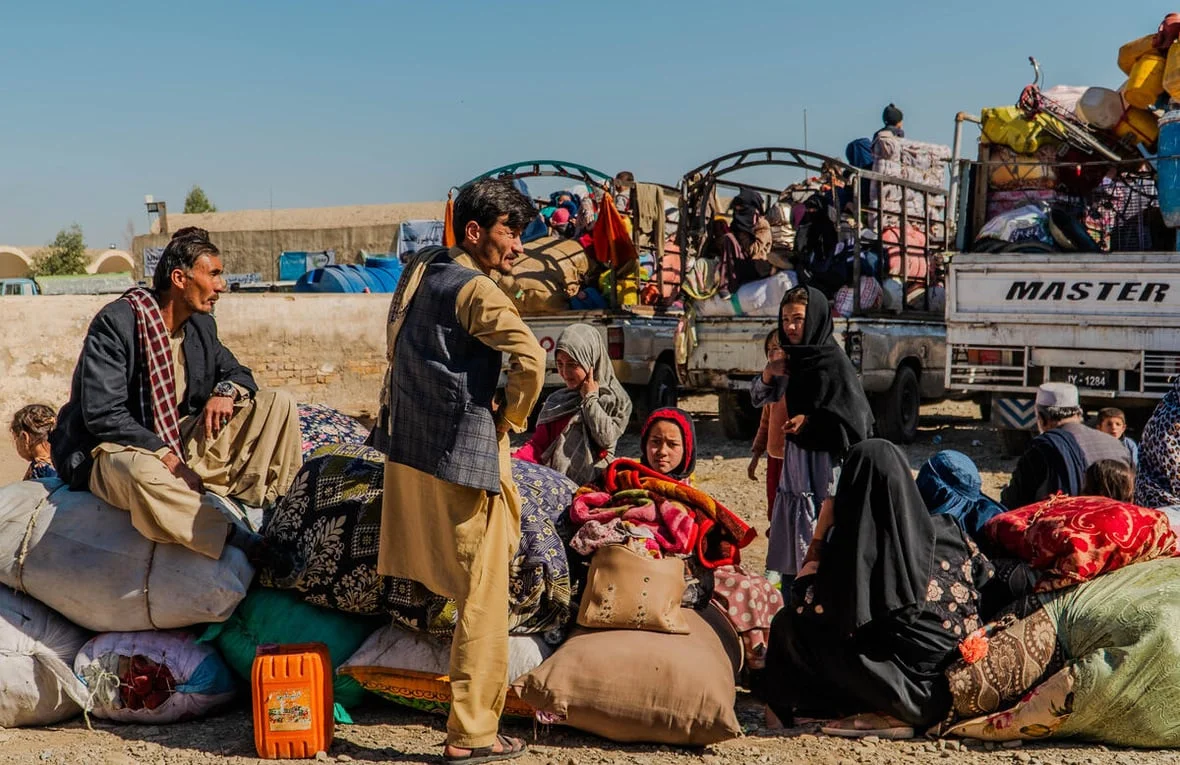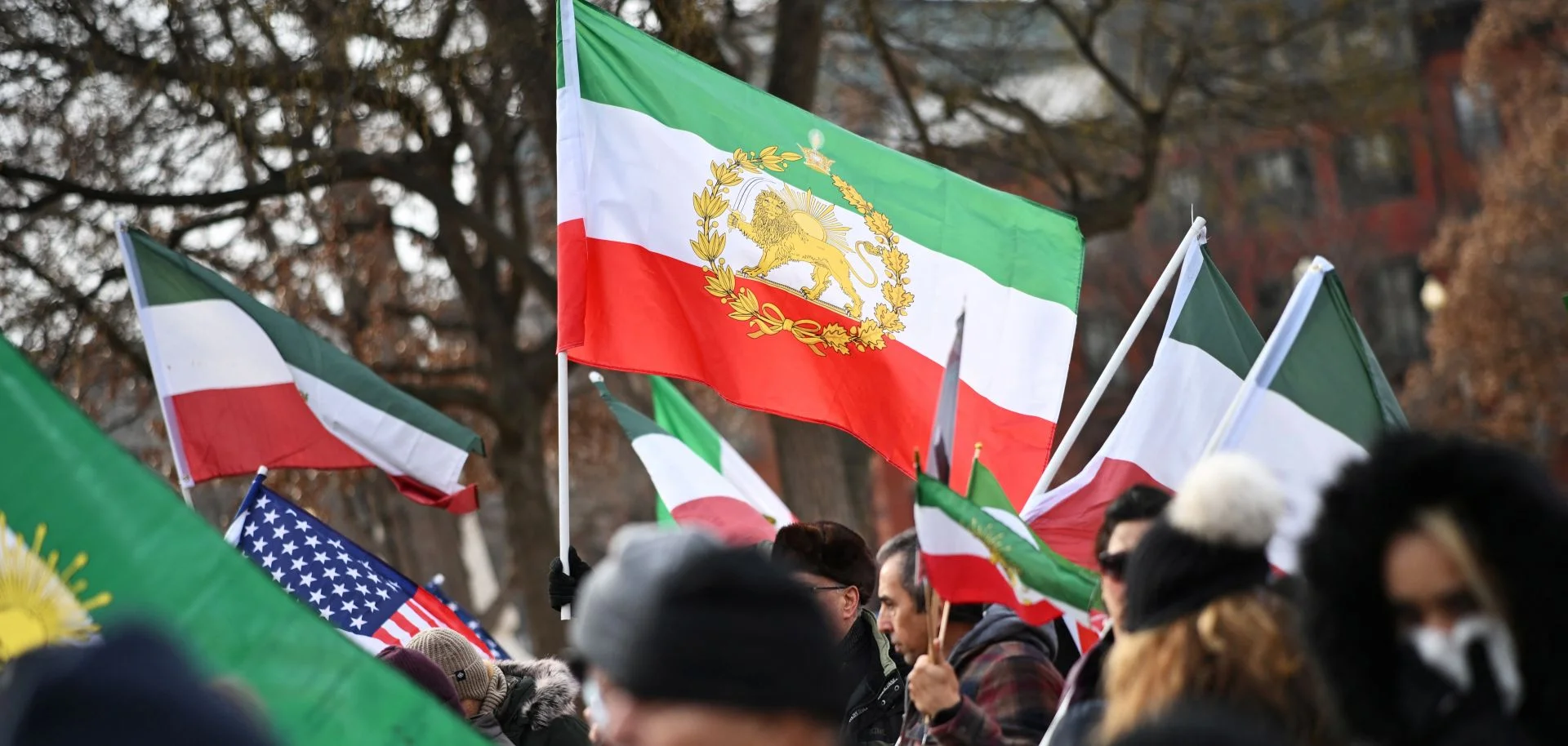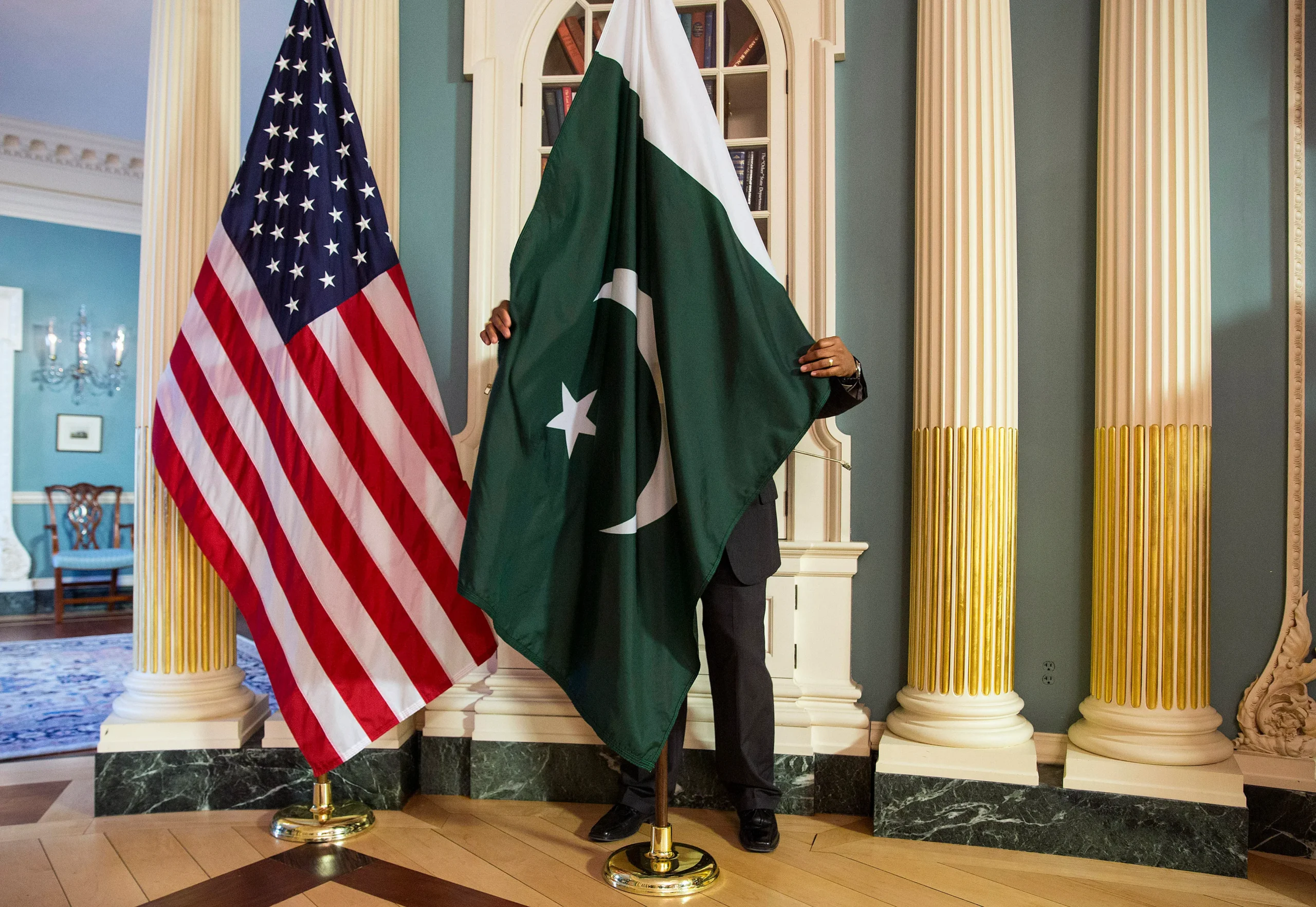Afghanistan, a landlocked country, is dependent on other countries for its trade. Despite being a central point that connects South Asia, Central Asia, and the Middle East, Afghan economic potential is hindered due to limited opportunities. Pakistan and China have extended their support by offering the extension of the China-Pakistan Economic Corridor (CPEC) to Afghanistan. The inclusion of Afghanistan in this multi-billion dollar project can make it the central point of Asian trade. However, the Indian Ministry of External Affairs has released an official statement that warns of serious repercussions for any third country that desires to join CPEC. Despite being a promoter of Afghan stability, the questions are rising about India hindering Afghan economic potential.
Also See: Afghanistan: The Four-Pronged Saga
Source: Afintl

